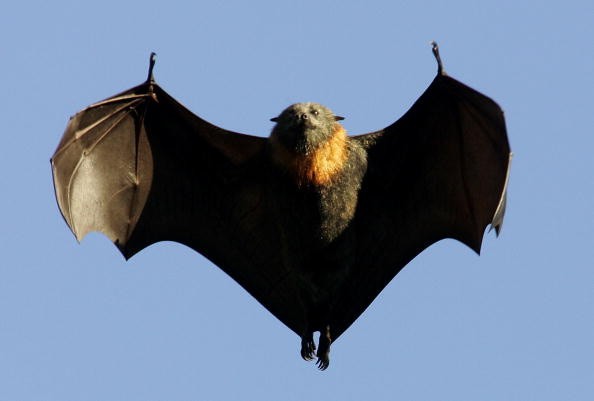How do fireflies protect themselves against predators? A recent study at Tel Aviv University uncovered a possible defense mechanism produced by fireflies for their protection against bats that might come after them.

The Strong Ultrasonic Sounds
According to the study, fireflies make strong ultrasonic sounds - soundwaves that the human ear, and mainly the fireflies themselves, will not be able to detect. The scientists hypothesize that these sounds are made for the ears of bats, making them avoid the poisonous fireflies, and thereby serving as a type of 'musical armor'.
The study was headed by Prof. Yossi Yovel, leader of the Sagol School of Neuroscience, and also a participant of the School of Mechanical Engineering and the School of Zoology at the George S. Wise Faculty of Life Sciences. It was conducted in cooperation with the Vietnam Academy of Science and Technology (VAST). The paper was released in iScience.
Also Read : What Gives Fireflies Their Nighttime Glow?
Aposematic Signal
Fireflies are known for their exceptional glow, used as a signal for mating. Since their bodies have poison, the light flashes might also be used as an aposematic signal - a warning to potential predators. This signal is also the weakness of the firefly because it makes it an unchallenging target for predators.
Bats are included in the most frequent potential predators of fireflies and some bats have bad vision, making the flashing signal lack effectiveness. This led the scientists to check if fireflies had some extra layer of protection against bats.
High-Speed Video
Prof. Yossi Yovel gave an explanation that the idea for this study came up unintentionally, during a study that tracked the echolocation of bats. "We were hovering around a tropical forest with microphones capable of recording the high frequencies of bats, when we unexpectedly, detected unknown sounds at similar frequencies, emanating from fireflies," he recalls. " Thorough research with the use of high-speed video showed that the fireflies make the sound by their wing's movement and that the fireflies themselves can not overhear this frequency.
"Therefore, we made a hypothesis that the sound is not intentional for any internal communication within the species," Ksenia Krivoruchku, the Ph.D. student who headed the study added.

Three Different Species of Fireflies Tested
Following the unexpected discovery, the team at Prof. Yovel's laboratory tested three different species of fireflies that are usually in Vietnam (Curtos Luciola, Sclerotia) and one Israeli species (Lampyroidea), they discovered that they all make these unique ultrasonic sounds, but are not able to hear them.
Can it be concluded that fireflies have produced a special defense mechanism just for bats? Prof. Yovel emphasizes that this assertion was not proved in the study, but many characteristics do point to this conclusion. In the first place, the fact that the fireflies themselves were not able to hear the sound, while bats can both hear it and also make use of it in finding the fireflies - so it's possible that it serves as a warning signal
For more news, updates about fireflies and similar topics don't forget to follow Nature World News!
© 2025 NatureWorldNews.com All rights reserved. Do not reproduce without permission.





